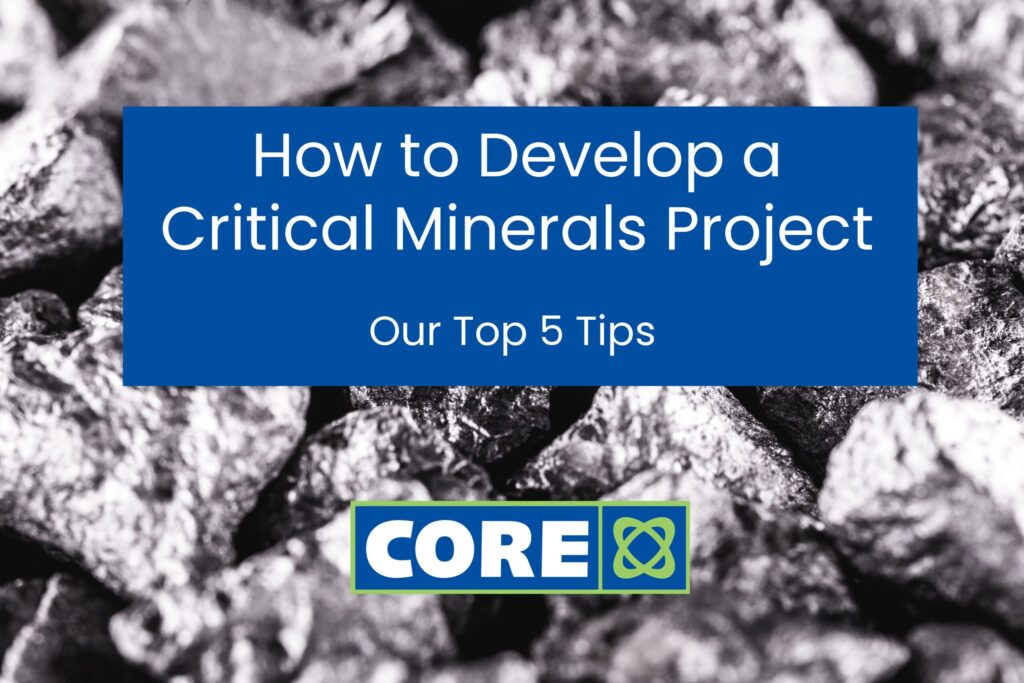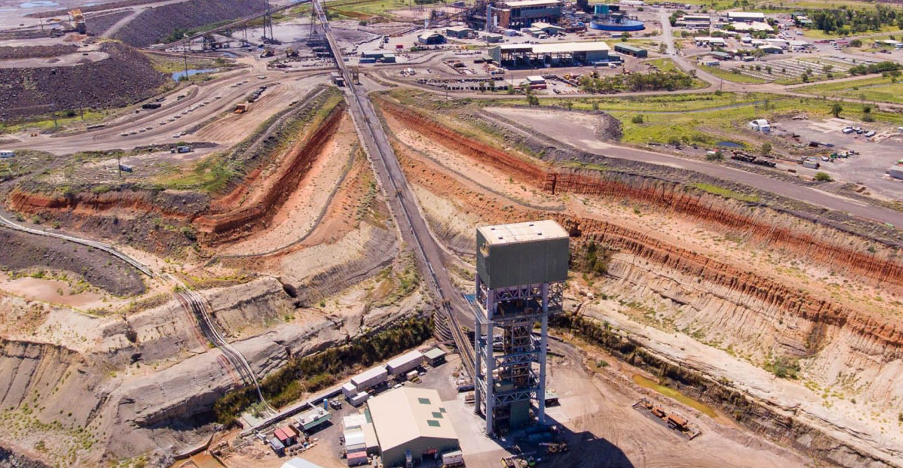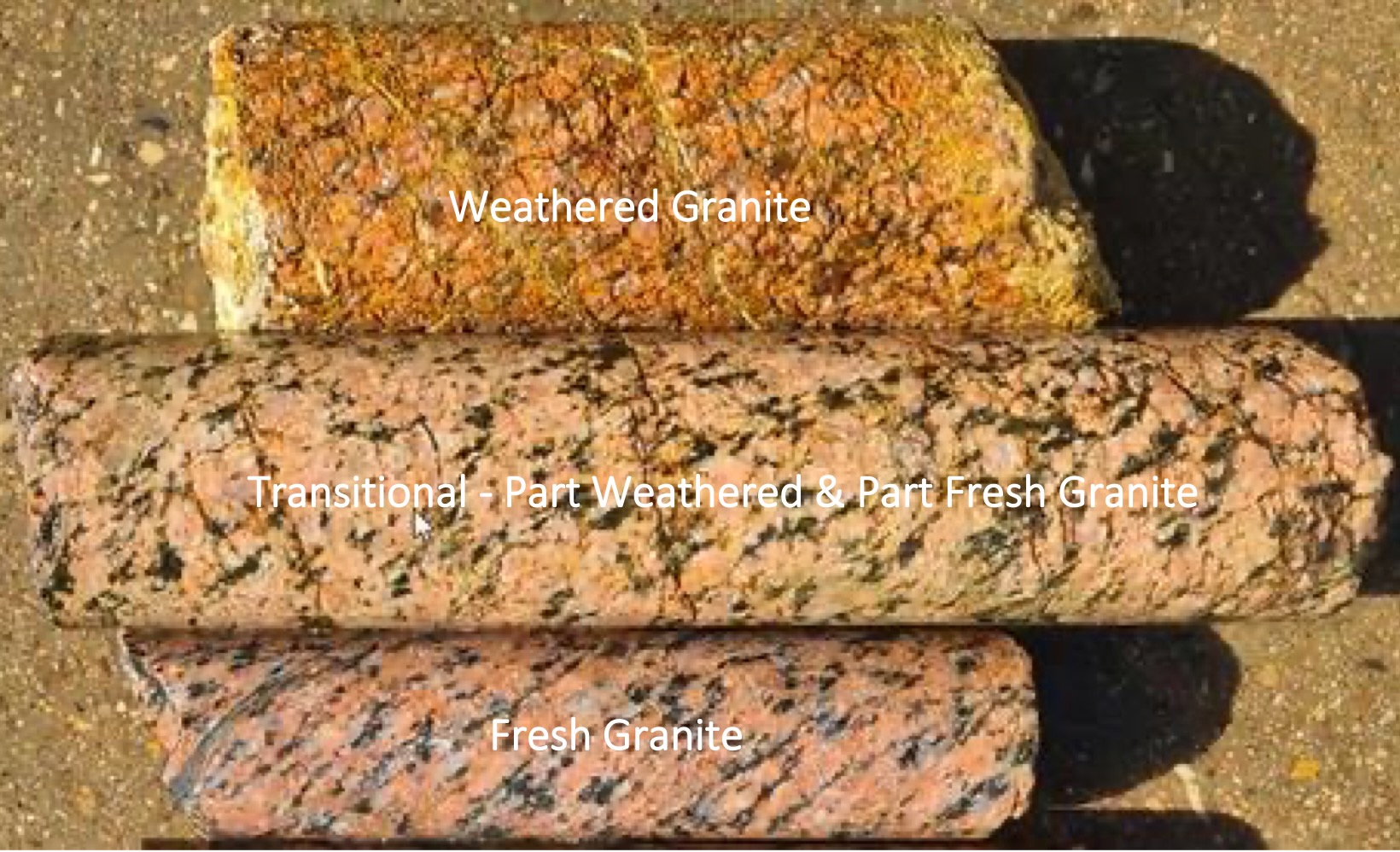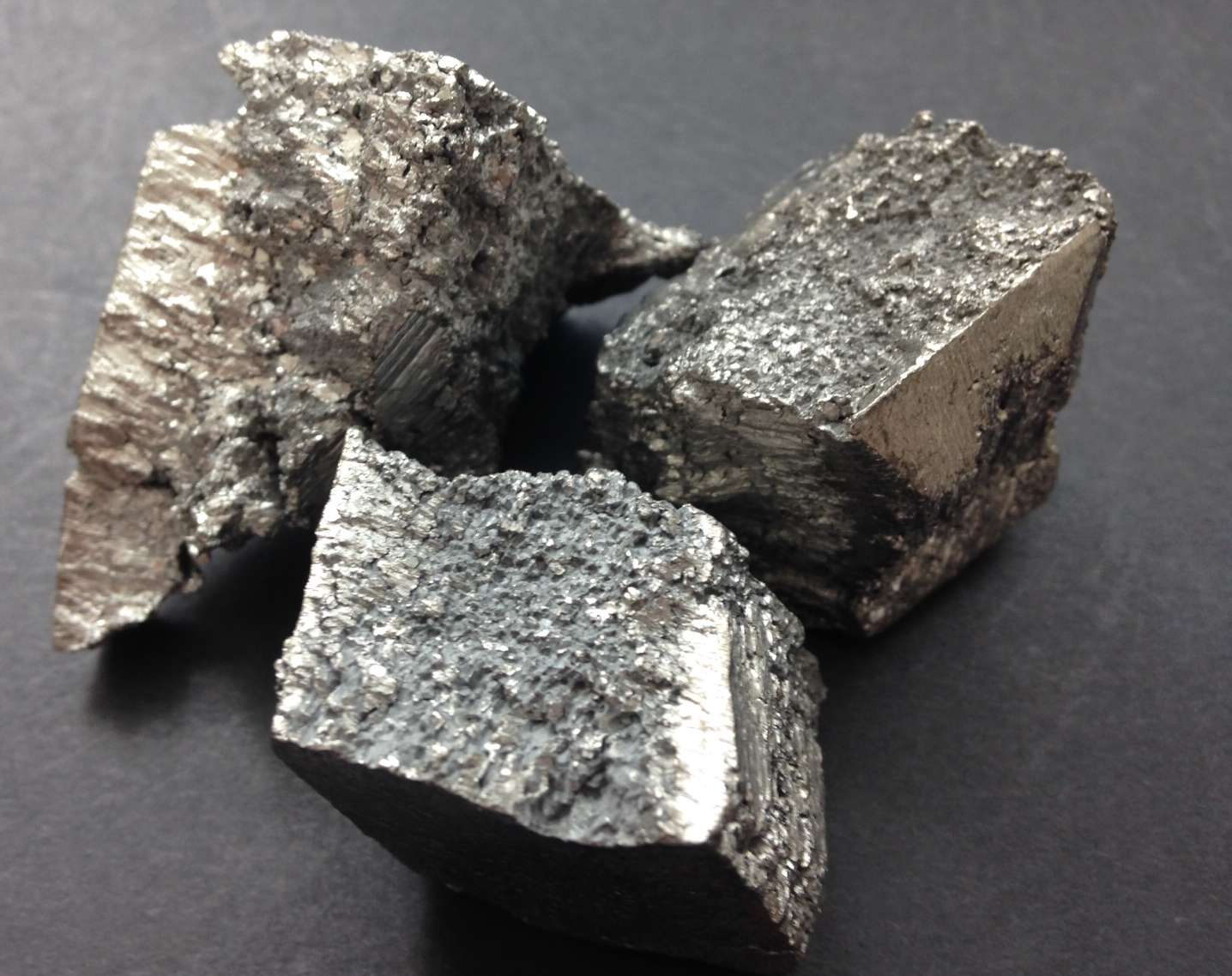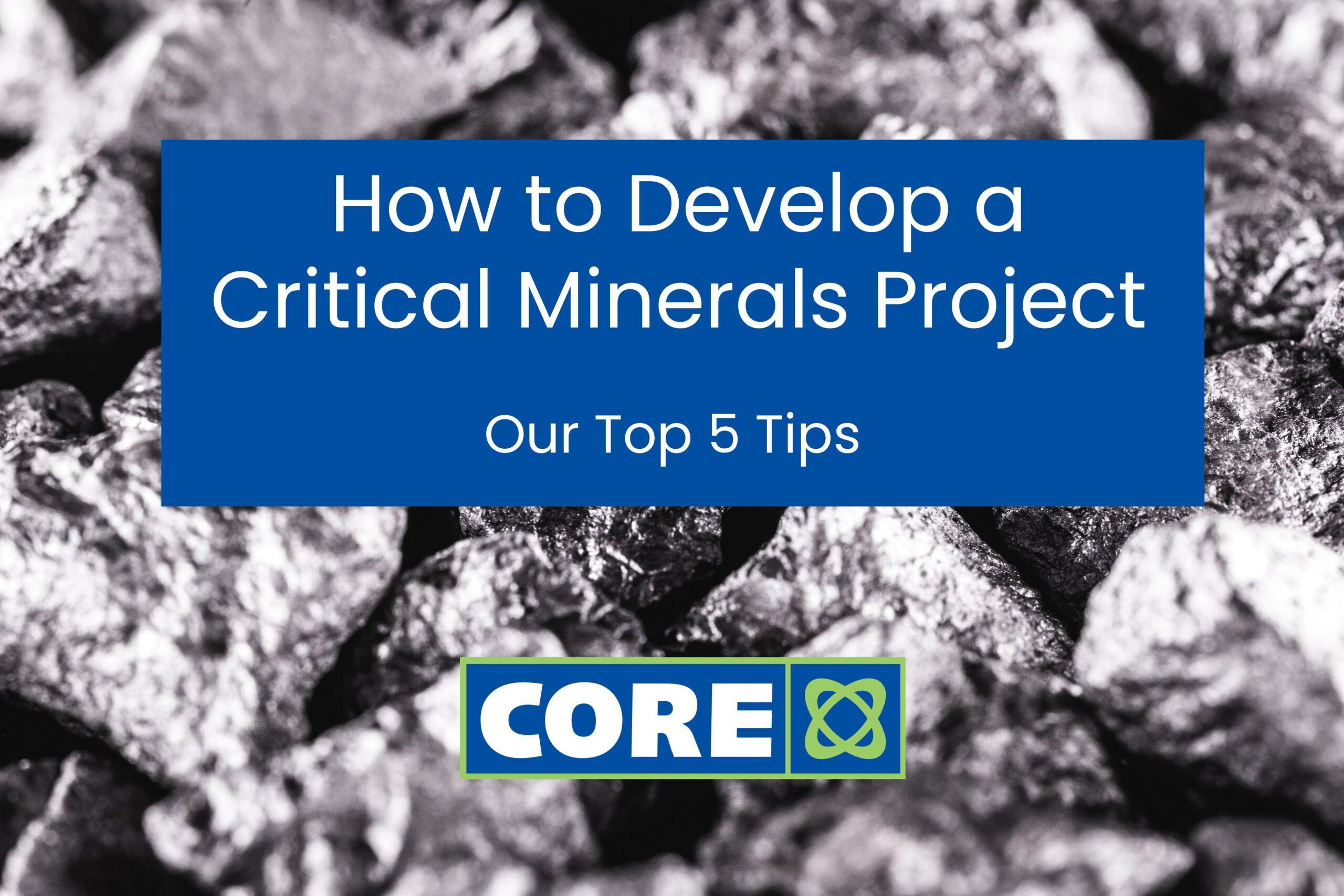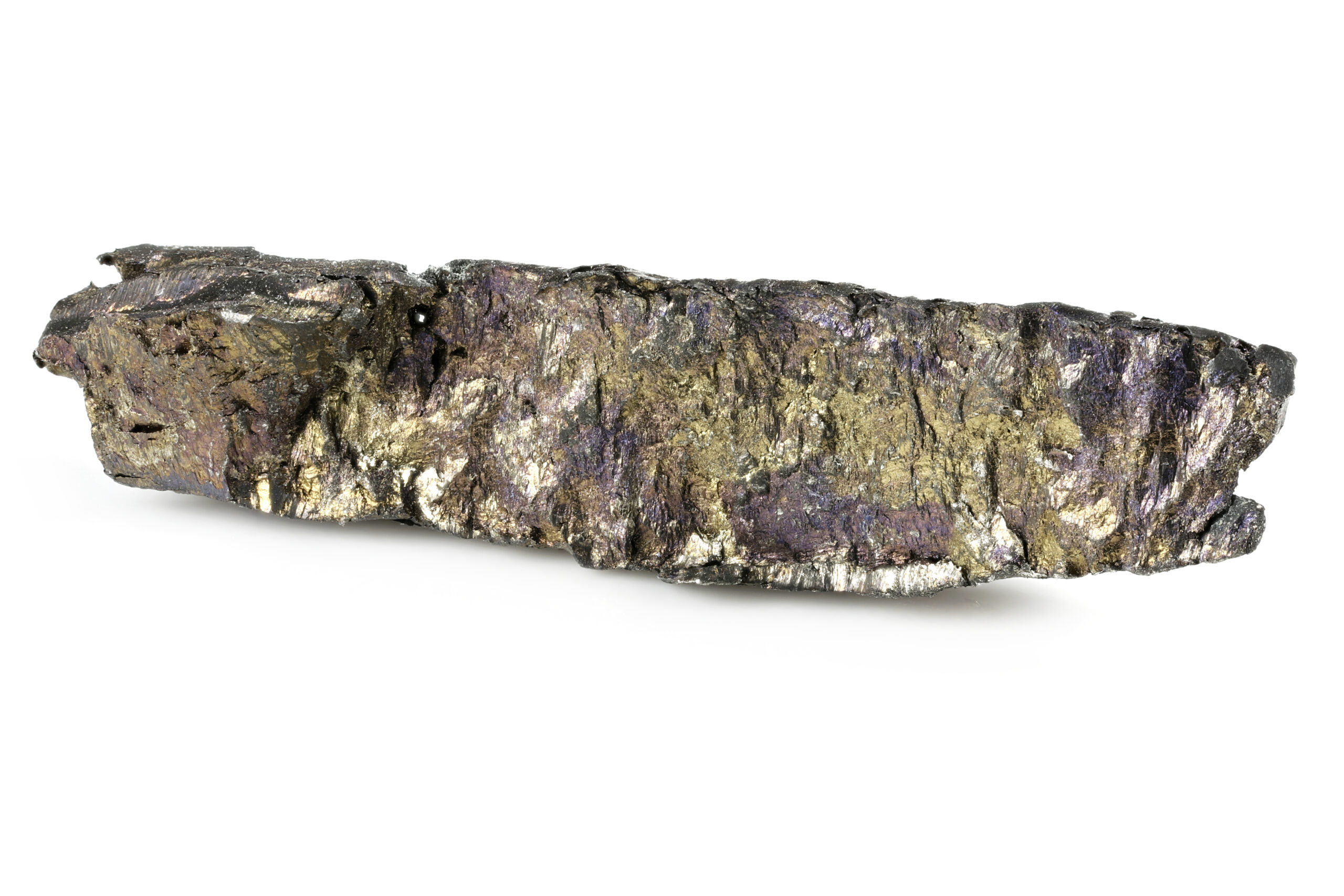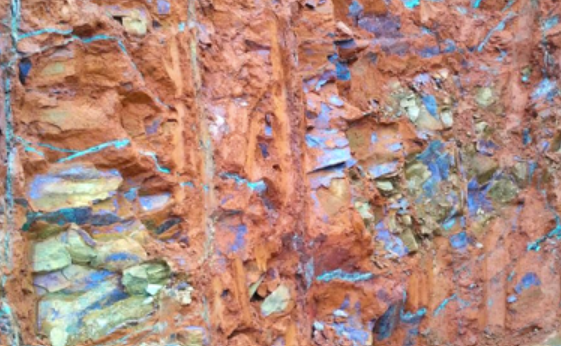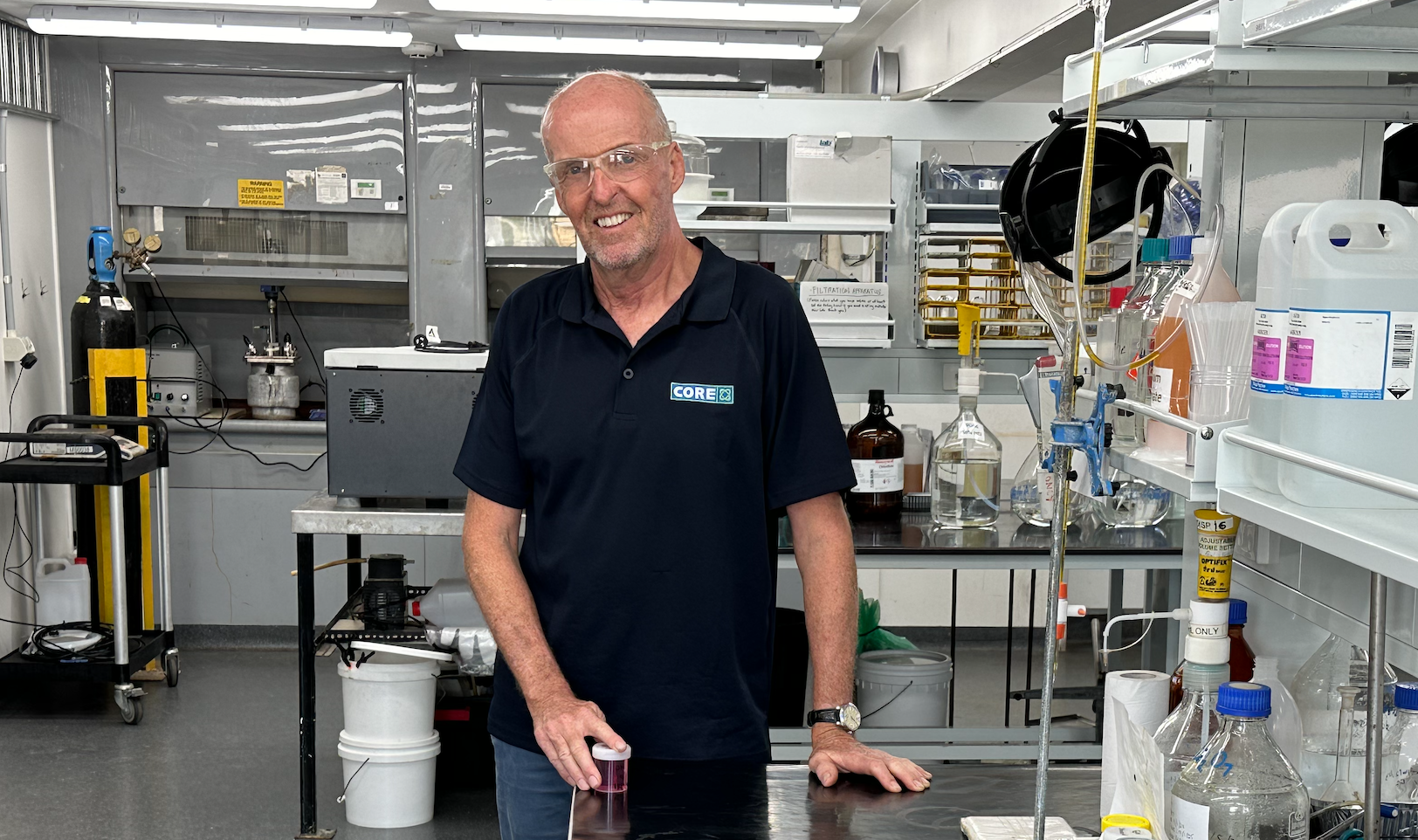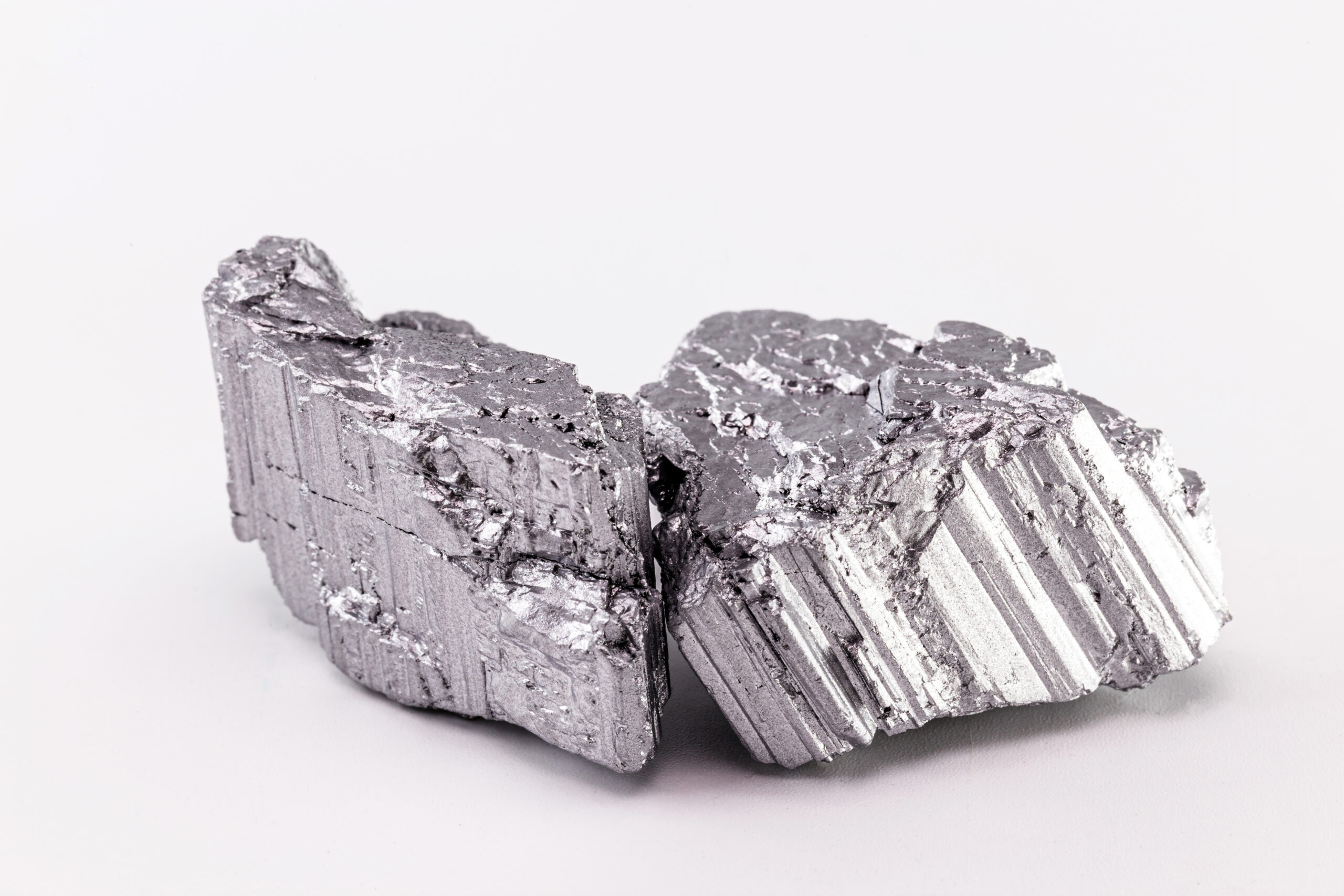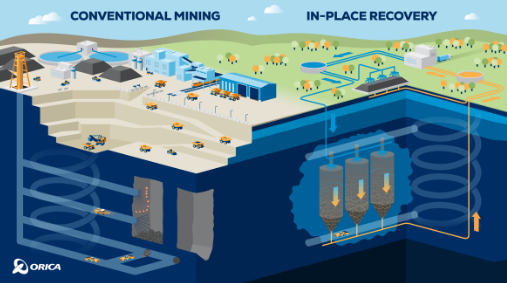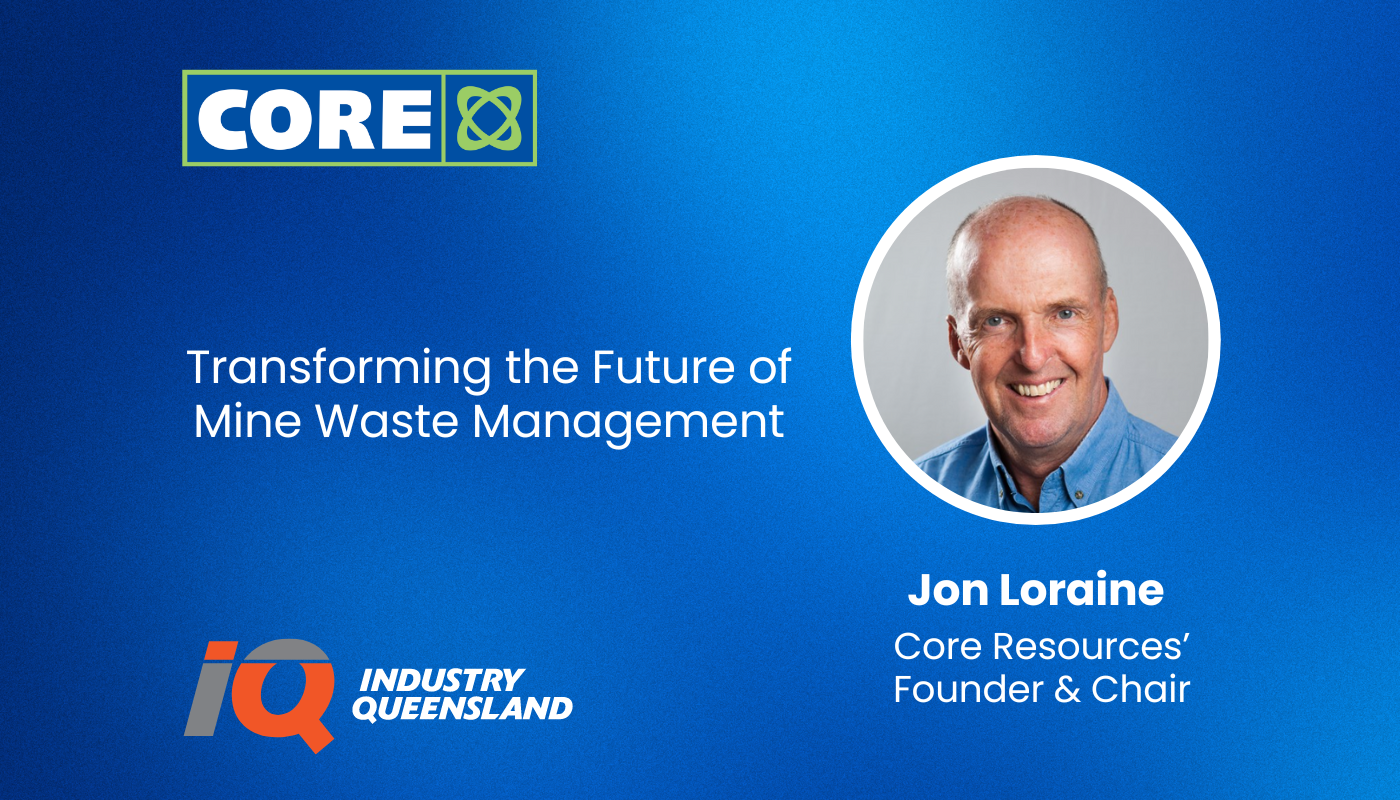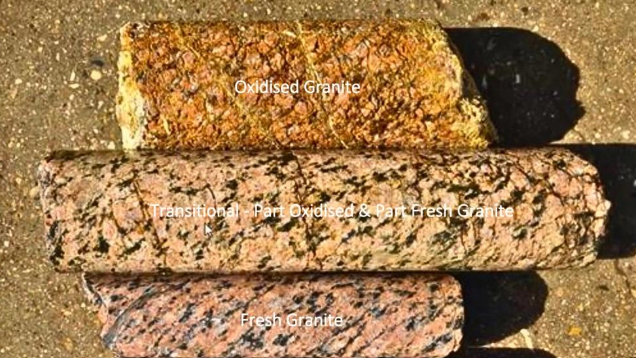At Core Resources, we’ve worked on critical minerals projects for more than 20 years, so we’ve learned there are many “critical aspects”, differing them from more conventional base and precious metals projects such as copper or gold.
Obviously, with the global population increasing and the clean energy transition underway, the demand for critical minerals projects is on the rise. The critical minerals we specialise in include nickel, cobalt, vanadium, graphite, antimony and rare-earths, plus more. Here are our top 5 tips for how to develop a critical minerals project.
1. Get the metallurgy right early on
Critical minerals production is not about mining, but about chemical process engineering.
A simple base or precious metals project might involve ore arriving at the mill for $40 per tonne. It might then undergo a small number of processes (such as crush, grind, float, or filter), which costs another $40 per tonne to produce a readily-saleable product. Processing, therefore, makes up 50% of the cost of production.
When it comes to critical minerals processing, however, there may be many more highly complex stages involved. A process could involve methods such as crush, grind, caustic crack or acid bake, leach, impurity removal, minerals extraction and multistage solution purification, and refining. If acid leaching is involved, acid costs alone can be well over $100 per tonne. For clean separation of a suite of rare earth elements, 1000 stages of solvent extraction could be required! These are what we call “metallurgy-first” projects, as it is the metallurgy, and not mining, that drives the project feasibility and economics.
Therefore, a clear understanding of the mineral processing and refining costs (including reagent consumption) needs to be understood. Along with feed grade, the processing costs – which can be many multiples of the mining cost – will drive the project economics, not the mining costs.
It is also important to factor in the additional time required for metallurgical testwork to develop an optimised process flowsheet. This could significantly increase the schedule for the delivery of engineering studies leading into project execution.
2. Understand the product specifications requirements.
Critical minerals are speciality chemicals, not commodities. Base and precious metals products are not highly refined at the mine. Base metals concentrates may be only 25% to 50% pure and Gold Doré about 85% to 90% pure, but they are readily saleable.
To achieve full value-capture in critical minerals, purities of 99.9% to 99.99% are required. For example, lithium battery pre-cursor materials are worth 50 times what spodumene concentrates are worth per kilogram. This requires complex and expensive refining. Bespoke processing is almost always required, based on the deposit and the final product. It should be noted that a lot of products demanded today didn’t exist 20 to 50 years ago. Some specifications are evolving rapidly, and new higher value products are being identified during the project feasibility stages.
3. Know your markets.
Markets are well-established for precious and base metal products and at defined commodity price benchmarks. Sales contracts are standardised, and there are many buyers competing to purchase the product.
By contrast, critical minerals products have limited “benchmark” pricing and are often sold by individual contracts to single buyers (specialised refineries for example). Pricing is opaque, markets are shallow, and pricing power is in the hands of the buyer. Long term “bankable” offtake agreements may not be available.
4. There is a need for innovation.
Production of critical minerals in China is important because of the economic and political leverage that it offers. Deng Xiaoping, the architect of Chinese reform, said in a speech in 1992: “The Middle East has its oil, China has rare earths”. Given the incredibly complex refining requirements for rare earths production, it is highly questionable whether this would be viable in a western economic environment, based purely on economics.
We need innovation to find new ways of purifying and refining critical minerals. For example, the Core-IPEX ion exchange technologies may offer new ways of refining vanadium direct to electrolyte versus taking vanadium pentoxide and dissolving it to make electrolyte, eliminating a number of steps and providing a lower cost input into Vanadium Redox Batteries (or VRBs). Our partnership with Ion Exchange Technology Group (IPEX) enables us to facilitate both batch and continuous IX testing and piloting.
5. Deal with impurities correctly.
Base and precious metals ore have impurities. For example, gold ores may contain mercury, and copper ores may contain bismuth, antimony, and arsenic. But these are readily dealt with – for example with the Toowong Process™ for the removal of antimony and arsenic from copper concentrates. Where critical minerals ore go through multi-stage concentration and refining, even minor contaminants can become a problem. An example is the extraction and refining of rare earths elements where uranium and thorium can easily get to levels where the product is classed as radioactive.
Where to from here?
It is never too early to consider the metallurgy of a critical minerals project. Core has an excellent reputation for identifying process options for complex ores and minerals, and getting an early handle on the potential economics. Core can also bring to bear specialised technologies, such as the Albion Process™ for treating complex gold and base metals ores, Toowong Process™ for removing arsenic and antimony from copper ores, and specialised ion exchange technologies for efficiently extracting and purifying minerals in low tenor leach solutions (for example vanadium, cobalt and uranium).
Get in touch with us today on 07 3637 8100 to find out more or for help with your resource development needs.

